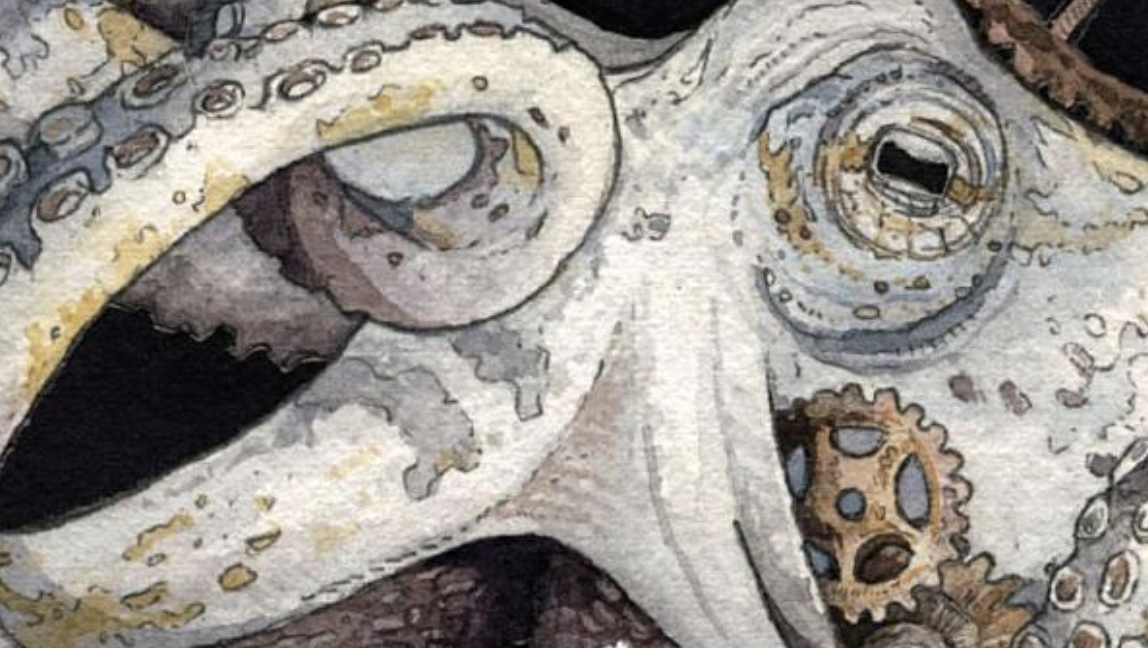Rodney Clapp. Naming Neo-Liberalism: Exposing the Spirit of Our Age. Minneapolis: Fortress Press, 2021. 250 pp, $24.00
In recent years liberalism has been on the ropes. Not the liberalism of the Democratic Party, where the L-word means “left of center.” Liberalism in the classical philosophical sense: the animating (if not always governing) ideology of the Western world for the last two centuries or more. This liberalism imagines a neutral public sphere defined by competitive interests whose intrinsic antagonism is either mitigated or sublimated by state power, individual rights, and a host of negative freedoms, underwritten by the principle of noninterference: you will be left alone if you leave others well enough alone. The advent of liberalism has been a revolutionary and, wedded to capitalism, productive force in human moral, social, religious, familial, and technological life. Liberalism presupposes, or at least tends toward, a radical leveling of society; its individualism bends communities around an egalitarian arc. The liberty for which it is named invades and disrupts long-standing traditions and settled hierarchies.
Login to read more
Sign in or create a free account to access Subscriber-only content.
Topics:
